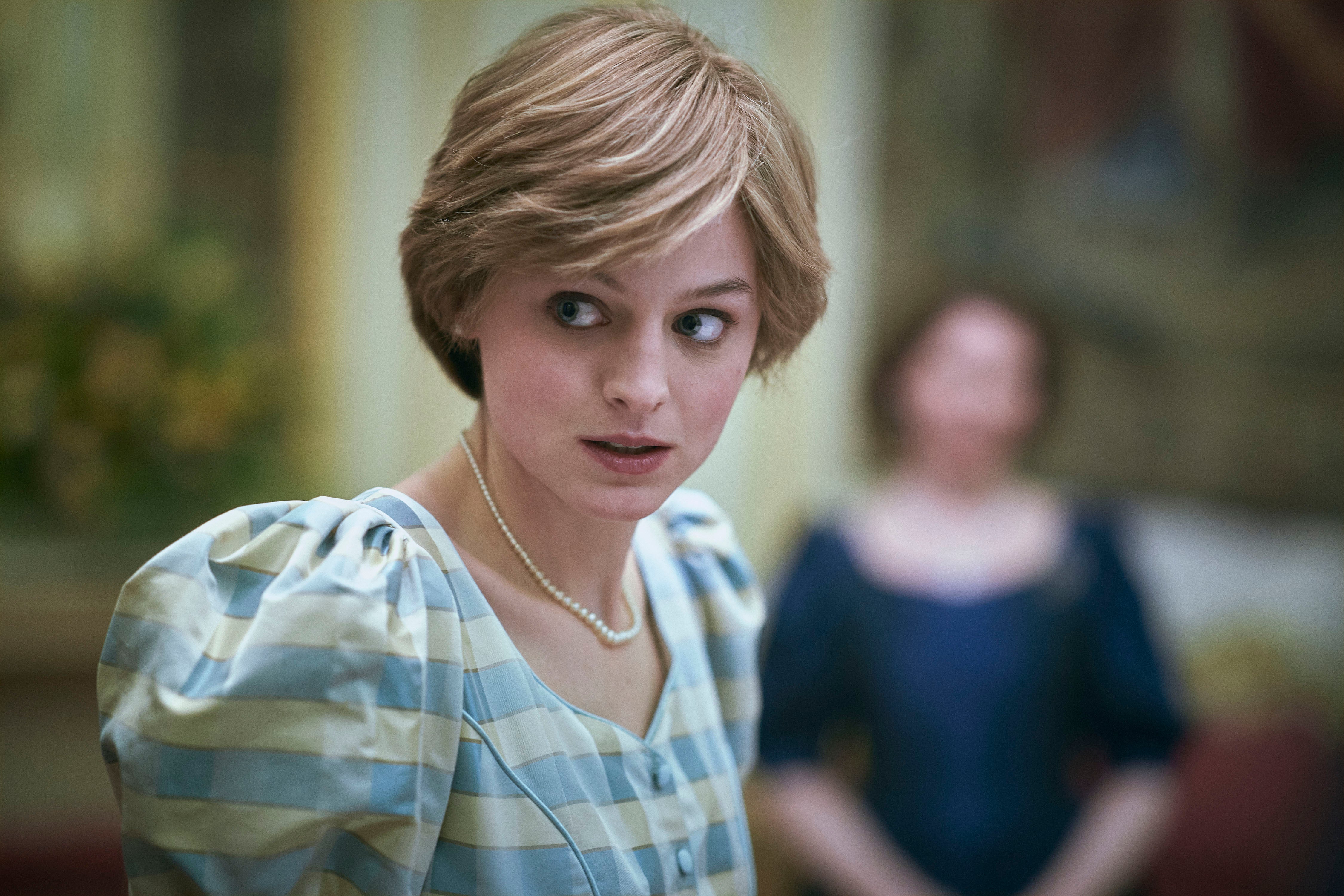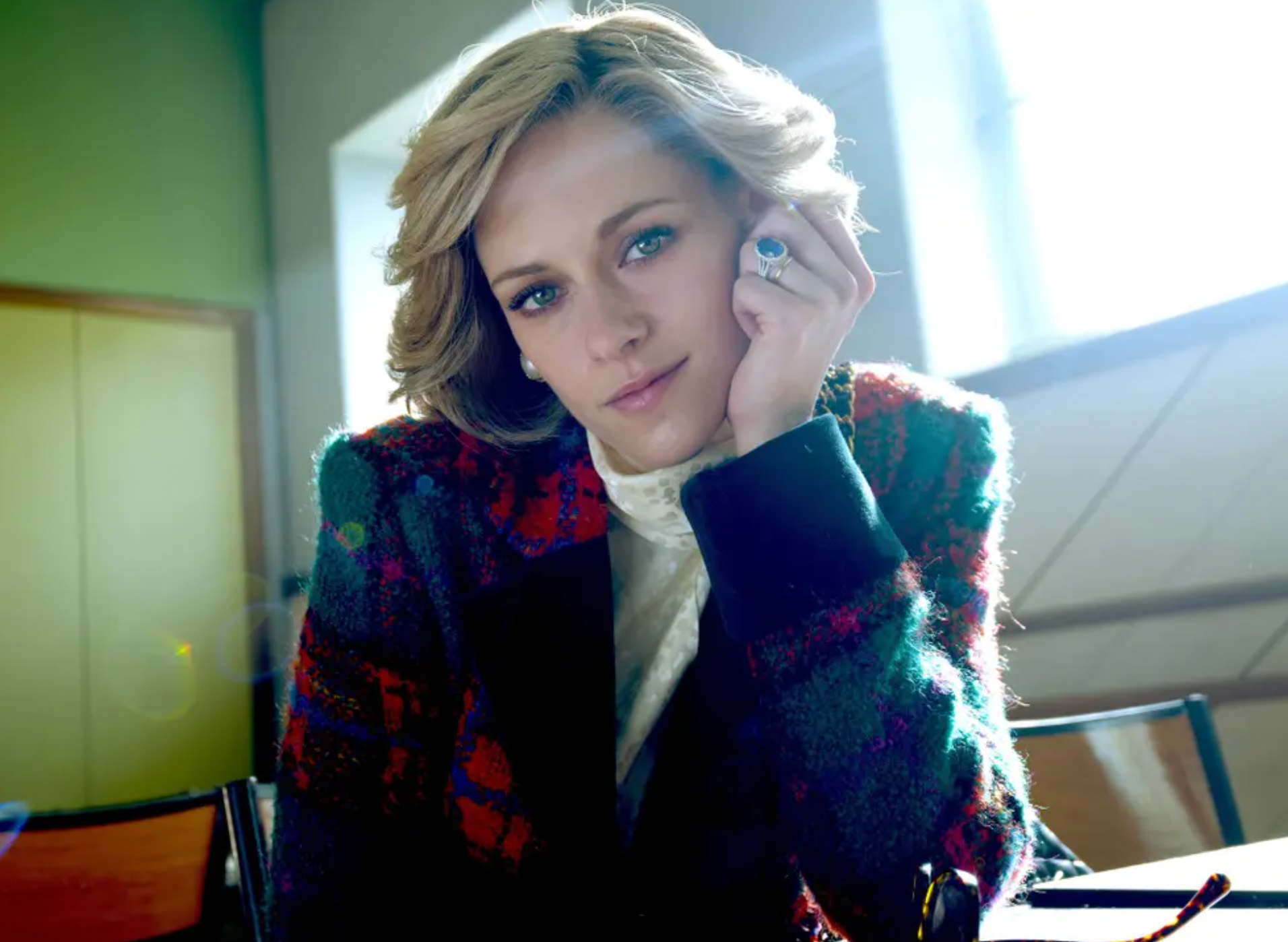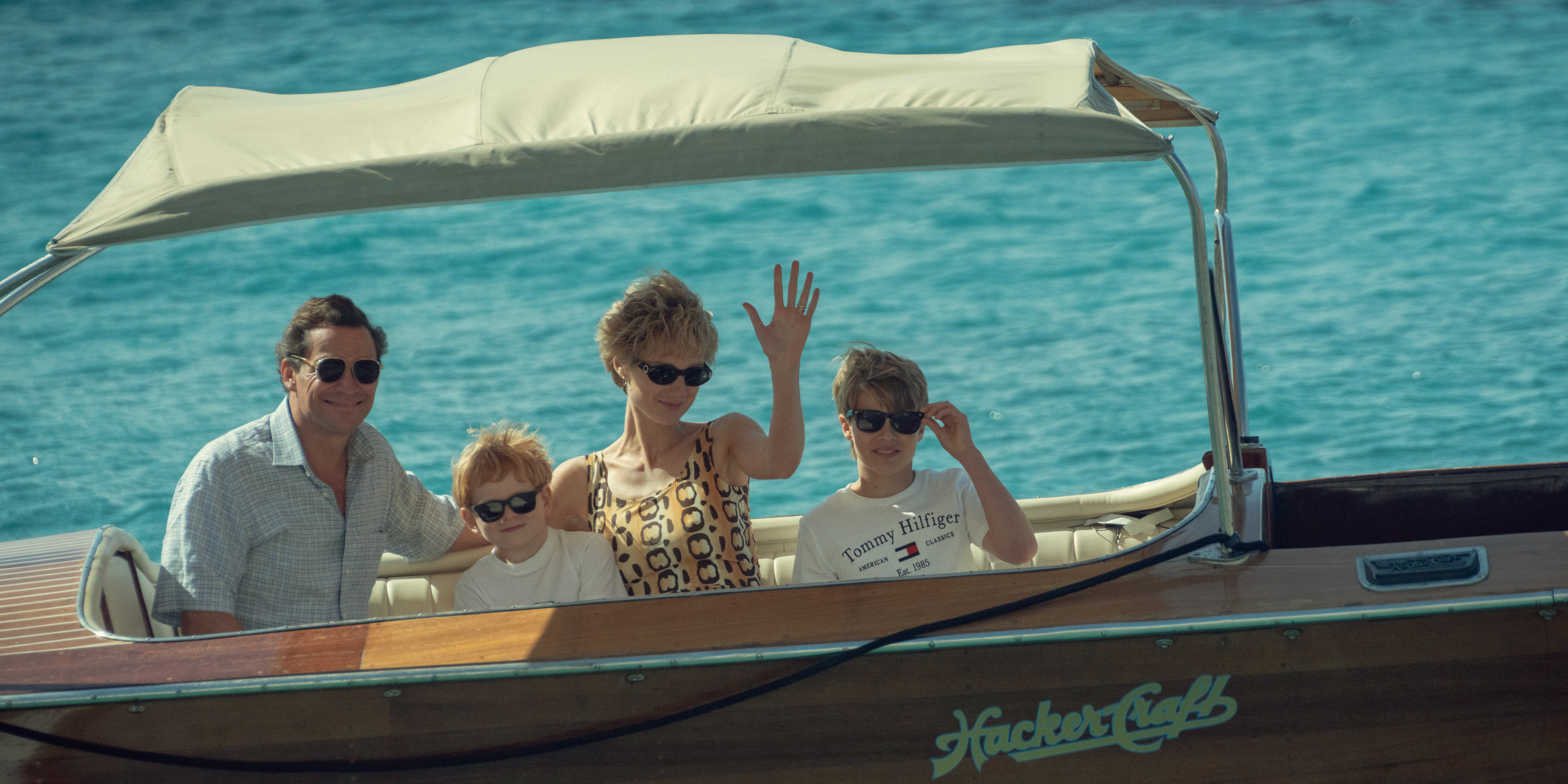The Crown’s dialect coach on teaching actors to sound like Princess Diana: ‘Everybody struggles with this posh “ah” sound’
For more than a decade, William Conacher has been teaching stars from Naomi Watts to Elizabeth Debicki how to sound like the Princess of Wales. Ahead of the final batch of ‘The Crown’ episodes, he gives Isobel Lewis a lesson in Diana-isms


The late Princess Diana had one of the most recognisable faces on the planet, and the voice to match. Over the years, plenty have parodied the doe-eyed, low-voiced royal. But according to dialect coach William Conacher, the man responsible for getting some of the world’s biggest actors to sound like Diana, it’s much more complex than it might seem.
“Everybody,” he begins telling me, whether they’re portraying Diana, the Queen, or any other member of the royal family, “struggles with this posh ‘ah’ vowel.” He’s talking about the “ow” sound present in words like house, mouse, or brown. If you’re posh enough, that “ow” sound turns into an “ah”, for example, “The wallpaper is looking a little brahn in here, darling.”
“It’s really hard,” says the coach, who most recently worked with Elizabeth Debicki on her portrayal of Diana in Netflix’s The Crown. “I can do it quite easily but it makes me feel really strange. There are very, very few people in the country who speak like that, so you’re immediately doing something that’s alien and makes you feel a little bit wrong-footed.”
Having trained as an actor himself, Conacher knows how to work with performers on perfecting their accents. He’s taught accent work at many of the UK’s top drama schools, including eight years at Rada working with future stars such as Tom Hiddleston and Ben Whishaw.
Throughout his career, Conacher has taught all sorts of accents, working as a dialect coach on projects from the James Bond movie No Time to Die to Queen biopic Bohemian Rhapsody. His connection to The Crown began in 2004, when he first met former series director Stephen Daldry. The pair were quickly “inseparable”, and in 2013 collaborated on the play The Audience, which starred Helen Mirren as the late Queen Elizabeth II.
At the same time, Conacher was carving out his niche as the go-to guy when it comes to playing the late Princess of Wales. First, it was Naomi Watts in the critically maligned 2013 film Diana, which he approached with some trepidation.
When he was asked to work on the project in 2012, Diana’s death in the Paris car crash had only happened a mere 15 years before, meaning “it was even more raw”. “I mean, obviously you do think, oh God, is it too soon?” he says. “But I read the script and it felt quite respectful and there was nothing in there that troubled me, so you just get on with preparing it like any other character.”

Later, a suite of new princesses arrived. He worked with Kristen Stewart on 2021’s Spencer, before coaching both Emma Corrin and Debicki on playing Diana in The Crown, with Debicki just finishing her final spell as the royal in season six part one.
For any actor taking on the part of the much-loved princess, there’s a lot of work to do. Of the four stars Conacher has worked with, only Corrin was English, with Stewart the furthest away accent-wise, as an American. “She already had a fairly solid RP accent that she got from another project, so we weren’t starting completely from scratch, but we did definitely revisit that before we moved on to the real Diana of it all,” he says.
Both Watts (who is British, but spent her formative years Down Under) and Debicki came in with Australian accents, which share similarities with British. Corrin, hailing from Kent, naturally came closest.

Still, it’s a tricky voice to get right; there are posh accents, there are royal accents, and then there’s Diana’s. It’s something different entirely, Conacher explains. “Diana had this very, very distinctive – well, I say very distinctive, it wasn’t, it was actually very typical of her generation of Sloane-y, privately educated girls. But in context of the rest of the royal family, it was a distinctive, very minor-key way of talking.”
That key of voice elicits feelings of warmth in the listener, meaning “she’s constantly making sympathy”, Conacher explains. “It sounds such a simple thing, but it really makes a difference because the rest of the royal family are just so much more clipped, it just instantly softens someone. So that’s normally where I start as a way in. And then, of course, there are vowel sounds that are very Diana-y.”
He does that “ah” again, his head dipping in a way that instantly evokes the wide-eyed princess. “Sloane-y vowels of that period that are very distinctive,” he says.

For inspiration, Conacher usually points actors towards the tapes of Diana recorded by her own voice coach Peter Settelen in 1992. They show Diana preparing for a speech, when she’s “very, very relaxed and off-guard”, as Prince William and Harry run in and out of the room.
This is the Diana that Conacher wants stars to emulate, rather than the self-conscious version of herself in front of the cameras. That’s the problem with impersonating anyone in the royal family, he explains. “There’s a wealth of stuff online of them doing public speaking – at which they’re not very good, any of them – so that doesn’t really give you an insight into how they might sound conversationally.”
“They’ve all been coached and they all take,” Conacher says, beginning to speak slowly, “ridiculous pauses and [they] let things land in a way where you think, well, you can’t possibly have a conversation like that?” The key is to finding something “much more pedestrian, and luckily there is with Diana! It’s much harder with the Queen.”
‘The Crown’ season six part one is on Netflix now, with part two arriving on 14 December
Join our commenting forum
Join thought-provoking conversations, follow other Independent readers and see their replies
Comments
Bookmark popover
Removed from bookmarks